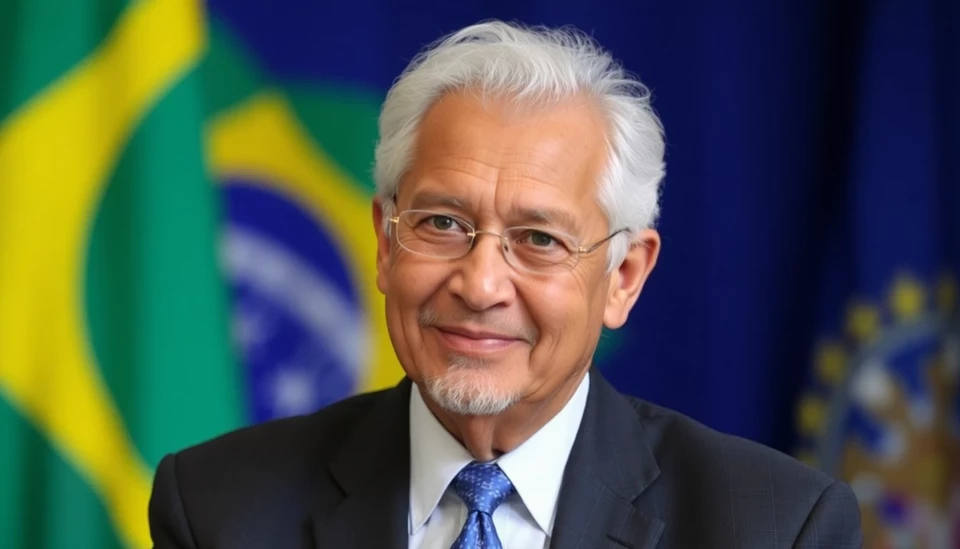
In a significant development for Brazil's burgeoning space sector, the government has taken steps to strengthen its capabilities, marking a pivotal win for President Luiz Inácio Lula da Silva amid ongoing economic challenges and political scrutiny. This initiative comes as part of Brazil's broader ambition to establish itself as a key player in the global space race, a vision that aligns with the country’s desire for technological advancement and environmental stewardship.
The Brazilian National Space Agency (AEB) has unveiled plans to expand its activities, focusing on satellite development and space research, which is expected to foster innovation and job creation across the country. This move is particularly timely as Brazil seeks to navigate through a complex political landscape that has often seen budget cuts in scientific and technological funding.
During an announcement made at a recent event in São José dos Campos—a hub for aerospace technology—government officials highlighted the strategic importance of enhancing Brazil's space capabilities. They emphasized how investing in space technology can not only spur economic growth but also enhance the nation's sovereignty over its telecommunications and data management systems.
Lula’s administration has pledged to increase funding for the AEB, aiming to secure Brazil’s position as a leader in satellite technology. This comes at a time when emerging nations are increasingly recognizing the benefits of having independent access to space for purposes such as weather monitoring, natural disaster response, and agricultural planning. The government's renewed focus on space reflects a commitment to innovation and a recognition of the crucial role that technology plays in addressing contemporary challenges.
Moreover, the announcement includes collaborative efforts with key international partners, expanding Brazil's presence on the global stage. Engaging with established space agencies has been identified as an essential component for knowledge transfer and technological exchange. By aligning with global standards and practices, Brazil hopes to enhance its competitive edge while contributing to international scientific communities.
This strategic endeavor is also viewed as an essential element in bolstering national pride and technological autonomy. Despite being home to a fertile ground for aerospace innovation, Brazil has often lagged behind in space exploration compared to countries like India and China. The renewed commitment to the space sector not only aims to rectify this gap but also serves as a motivational push for Brazilian youth to pursue careers in STEM (science, technology, engineering, and mathematics).
While optimism surrounds the potential of Brazil's space industry, experts urge caution. They highlight that the ambitious goals set forth will require sustained investment and a stable political environment to navigate the complexities of both domestic and international space policies. As the nation rallies around its newly minted space agenda, the outcome of this initiative will be closely monitored by both supporters and critics alike.
As Brazil sets its sights on the stars, the coming years will be crucial in determining the success of these efforts. If the country can effectively mobilize its resources and talents, it stands to benefit significantly from the burgeoning global space economy, which is projected to exceed trillions of dollars in the coming decades.
#BrazilSpace #Lula #SpaceInnovation #Aerospace #ScienceAndTechnology #GlobalSpaceRace
Author: Samuel Brooks




